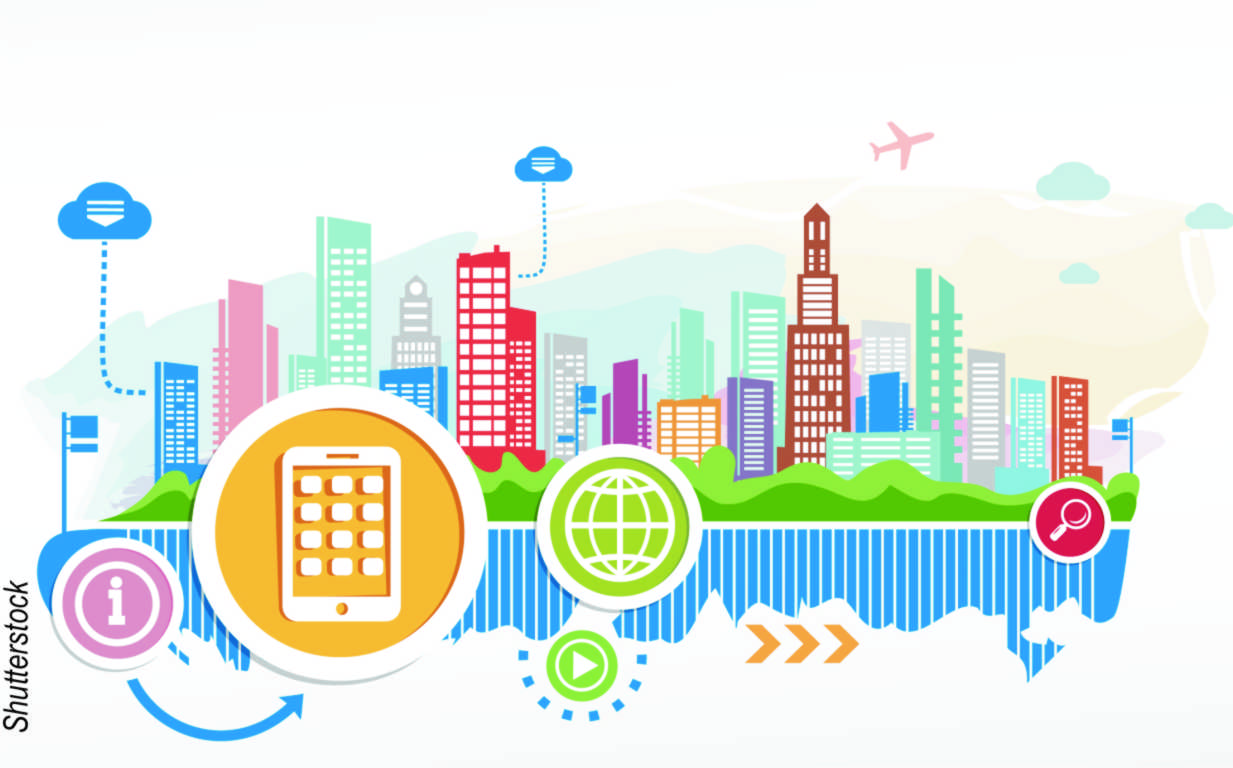That Nigeria is pushing forward with a smart cities initiative is a smart idea given the current trending development goals across the globe, and one that will define the future of countries and socio-economic developments.
But it is counter-productive when the country continues to make plans for smart city developments without first bridging the widening infrastructure gaps across the nation.
The need for smart cities arises from the unstoppable trend of mass urbanisation across the world, which necessitates that cities must become sustainable on many levels and strengthened with smart solutions to meet multiple challenges.
According to a recent United Nations report, 54 per cent of the world’s population was living in urban areas in 2014, a proportion that is expected to increase to 66 per cent by 2050 when another 2. 5 billion people are added to urban areas. Furthermore, there were 28 mega-cities with 10 million inhabitants or more worldwide in 2014. By 2030, the world is projected to have 41 mega-cities.
As a result, it is projected that to prosper and avoid major issues, cities must achieve economic, social, and environmental sustainability and become “smart cities” in the future. And this can only be realised by integrating their infrastructures and services to improve urban efficiencies.
According to the International Telecommunication Union (ITU), the most important factor in achieving a smart city is infrastructure. And this is very important considering that the end goal of a smart city is to achieve an economically sustainable urban environment without sacrificing the comfort and convenience/quality of life of the citizenry, as it strives to create a sustainable living environment for all citizens through the use of information and communication technologies (ICTs).
If that then be the lofty goal Nigeria seeks to achieve with her smart cities initiative, the country must begin to work hard on bridging its infrastructure gap, without which nothing can be achieved leading to a smart city. The ITU described urban infrastructure as a critical aspect for a smart sustainable city. It names two types of infrastructure, which include, physical (buildings, roads, transportation, power plants) and digital (IT and communications infrastructure).
But by buildings, transportation and power plants, it means smart buildings, smart transportation system and smart grid, none of which is existent in that sense presently in Nigeria.
The international telecoms body goes on to say that “…to become a smart city, it is essential to adopt a holistic approach that may involve the creation of multiple infrastructures, as well as strengthening the motivation for government participation, the application of technology, and the integration of various smart infrastructure management systems combined with citizen collaboration. This integration can be achieved through ICTs, with ICT tools acting as the “glue” between the different physical infrastructures.”
The questions are: Can Nigeria achieve smart city goals with the current epileptic power supply from the grid? Can we have a robust telecommunications infrastructure roll out in a country where technology companies are finding it difficult to lay fibre cables as state governments frustrate them over Right of Way? Are the governments (federal and states) ready to sacrifice their revenue drive to implement policies that will facilitate rapid ICT infrastructure deployment across the country?
Lagos State Government recently signed a Memorandum of Understanding (MoU) with the city of Dubai in a deal which will see Lagos emerge as the first smart city in Africa. As laudable as this move might seem, there are still reservations over how that would be achieved in a state with myriad inefficient systems. From inefficient power to lack of adequate citizen data for planning, the odds are so many against the project; but we are hopeful that Lagos State succeeds and sets the pace for the smart city initiative across other states of the country.
In implementing any new idea, there are usually challenges, mostly unseen and unanticipated, but in the case of Nigeria, the challenges are too obvious to see even before we begin and we cannot afford to pretend they are non-existent and hope to succeed. Not even with smart city projects that ride on solid infrastructures.
Therefore, we must begin to think and act on building infrastructure; we must have a strong policy that facilitates fast and easy spread of infrastructures across the country. Since the goal of building a smart city is to improve the efficiency of utility and social services and in effect, the quality of life of citizens in that city, this should concern any government that wants to impact the lives of the people and must do everything to clear the hurdles on the way to realising this lofty goal.

